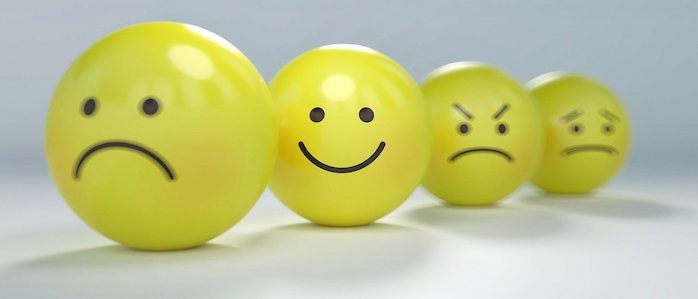How much time are you spending on fine-tuning your Sensory Acuity?
As you may already know, NLP has many, many techniques. But without having at least good sensory acuity, your NLP techniques will be virtually useless.
And that’s because having at least good sensory acuity is the only way to tell the effectiveness of your other NLP techniques. If you can’t read the conscious and unconscious responses of the person or people you are with, then how will you know what to do next?
Being successful using NLP is all about knowing what to do and when to do it. You use a technique, it doesn’t matter if it’s a language like sleight of mouth or if it’s a physical technique like kinesthetic NLP anchoring, and as you do, you are using sensory acuity to know what to do next.
Failure when using NLP is not because NLP doesn’t work; it’s because the person using it doesn’t do the process needed to make it work.
But What Is Sensory Acuity?
So, before we go any further, let me ask you, are you familiar with the term sensory acuity?
The term is used a lot in NLP, but it’s not a process that people use effectively or even enough. And I think the reason is that it’s not one of the glorious techniques.
Also, it’s not an exciting NLP Technique. It’s actually a bit boring and takes work to use it correctly. And I think for that reason, many people do not give it enough attention and effort.
But, if you want to become good at using NLP, then I suggest you fully understand and use it as best you can.
Because when you understand what sensory awareness is, how easy it is to use, and how beneficial it can be to you and the people you are helping, then, and only then, will you garner the respect of a true professional.
In our NLP Training Online, we devote a lot of time showing you what to do and how to do it in live video situations.
Improve Your Senses – Improve Your Life
Because if you can use any of your five senses more effectively, you can become better at anything you do. Often it only takes having more sensory acuity in one area to stand out and become successful.
Now, as you know, one of our five senses is visual. But your visual senses are being continuously bombarded through modern media such as TV, computers, mobile phones, signs, and… everything visual.

Everyone is trying to get your attention by being more outstanding in a visual way. Even the covers of books are becoming louder to grab your attention. Have you noticed?
But it will be your ability to cut through the visual clutter and notice the few things that are important to you in your field of knowledge.
How You Can Benefit From Sensory Acuity
Let me give you an example of one of my own experiences.
Many years ago, when I first discovered the power of sensory acuity, I was selling real estate in Halifax, Nova Scotia.
Now, if you’ve ever viewed a house with a real estate agent, they typically take you through the door and start telling you things about the house. Things like, this is the hallway, this is the kitchen.
Well, I didn’t do that. For one, I figured the person viewing the house knew a hallway or kitchen when they saw one. But the most important reason I didn’t do that was that I wanted to use my sensory acuity to be unique. Being unique in that way would allow me to become more successful.
To do that, I had to be more aware of my customers.
So, when I took my customers to see a house, I immediately entered the house first. Once in, I would then turn toward my customers and, using basic sensory acuity, notice the look on their faces.
It may sound too simple, but believe me, most people don’t notice the most important things, and that’s what holds them back. Don’t let it hold you back. Start using your senses more accurately.
No Failure With Sensory Acuity
I’ve never regretted spending a little extra time learning to use my senses better. And it has never failed me.
As in my real estate experience, that first impression was always etched on their face, good, bad, or indifferent. Too obvious to ignore.
And from the first visual clue, I connected more accurately to what they were feeling. And that allowed me to get closer on a personal basis and eventually help them find the perfect home for them.
Emotions always show themselves; sensory acuity is your magnifying glass, making you aware of them. So if you want to be more successful, learn to be better at using your sensory acuity.
To get better at using your sensory acuity, join us at our NLP Training Online

